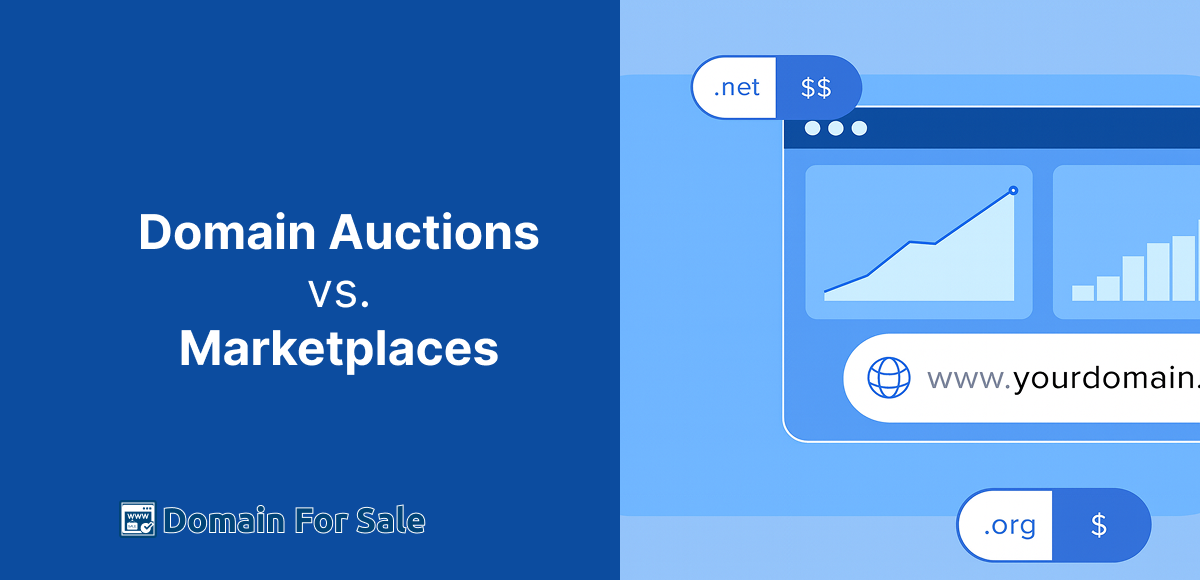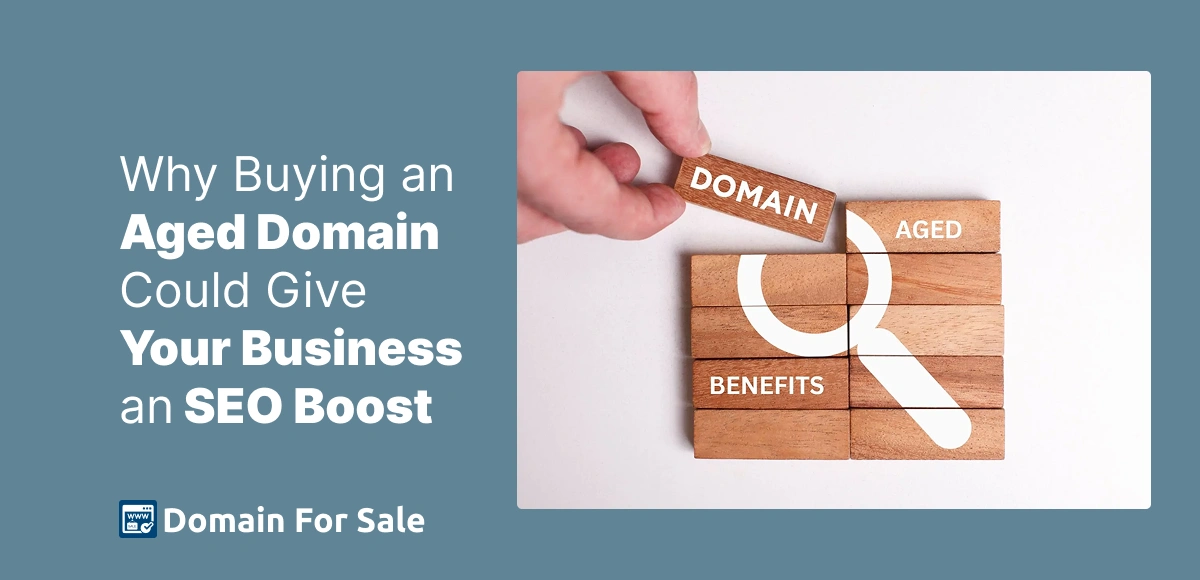Tag: expired domains
-

Domain Auctions vs. Marketplaces: Which Is Better for Buyers?
Domain auctions vs marketplaces—it’s a choice every serious domain buyer eventually…
-

Why Buying an Aged Domain Could Give Your Business an SEO Boost
1. Introduction Aged domain SEO is one of the most overlooked…